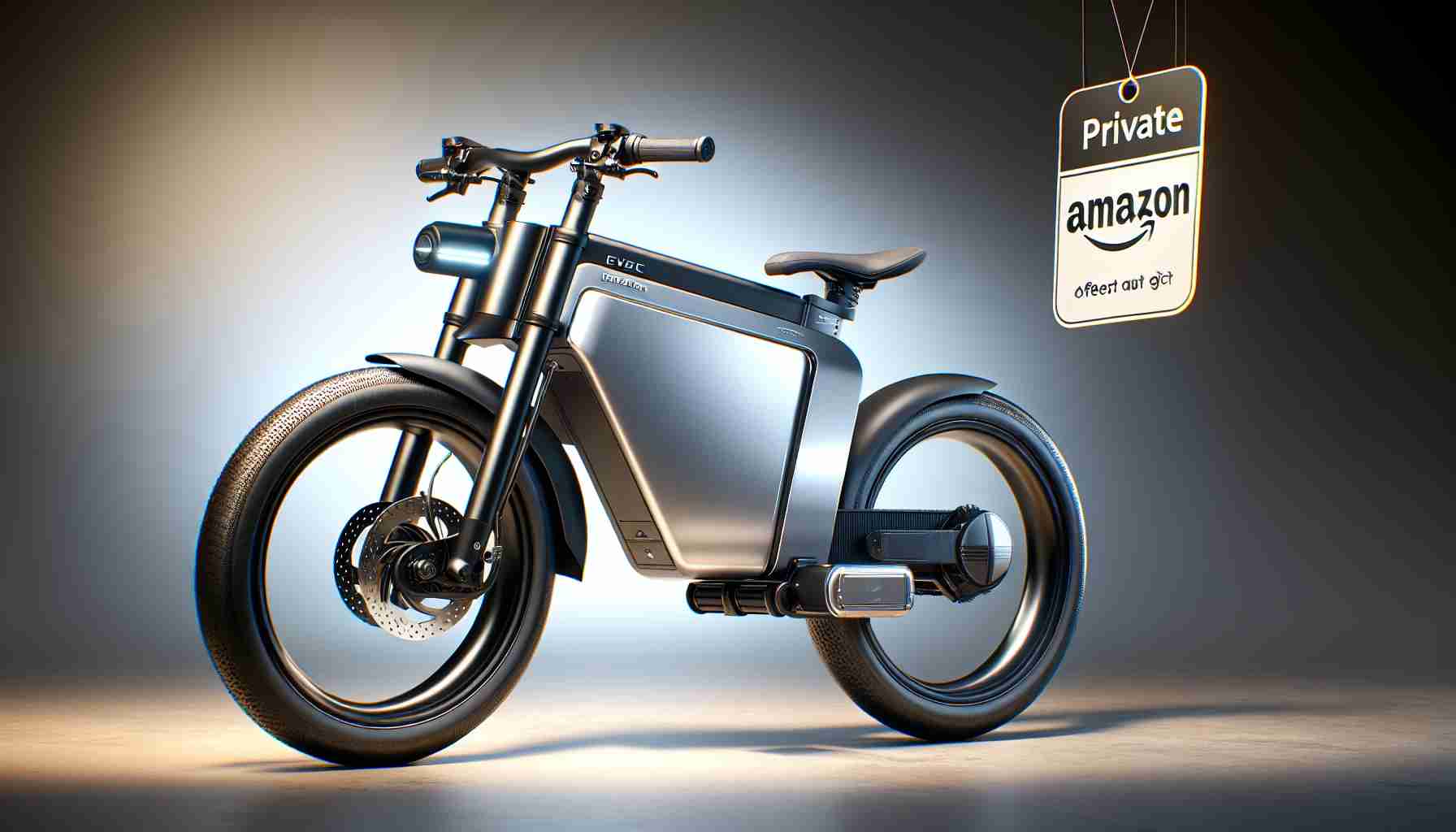Innovative Engineering Unveiled at Dresden Bicycle Expo
At the recent Bespoked Bicycle Show held in Dresden, the innovative company CDuro took center stage with its groundbreaking advancements in bicycle design. The highlight of their presentation was a prototype gravel bike featuring a revolutionary automated carbon fiber layering process. This cutting-edge technique promises unparalleled precision and stability. Alongside this, CDuro announced the launch of their long-anticipated Epona enduro mountain bike, a testament to years of collaborative development with CompoTech.
Automation Meets Strength
Traditionally reserved for industrial applications, CDuro has introduced Integrated Loop Technology to the cycling world. This process enhances the structural integrity of bike frames by using continuous longitudinal carbon fibers. The automated precision placement of these fibers grants additional strength where needed most, ensuring both endurance and weight reduction. The end result is a sleek, industrial look that marries form with function.
Prototypes and Pricing
CDuro’s gravel bike emphasizes durability with a classic diamond frame design, geared for tire clearances of 45 to 50 mm. Though currently a concept, further details are anticipated by Spring 2025, with frame-only pricing projected between €2500 to €3000.
Conversely, the Epona model is available now for €3860 per frame across four size options. Purchasers must commit to a deposit for production to commence. The frame supports customization with a range of components, including a 150-160 mm rear shock. With cutting-edge geometry specifications, CDuro is pushing carbon fiber bike technology into new territories.
Unveiling the Future of Cycling: A Closer Look at Breakthrough Bicycle Technologies
In the ever-evolving world of cycling, engineering innovations are transforming how bicycles are designed, manufactured, and experienced by riders. While the Dresden Bicycle Expo recently showcased CDuro’s ambitious efforts to revolutionize the industry, there are many related technological advancements happening that deserve attention. These developments are poised to impact individuals, communities, and entire countries in unique ways, offering both opportunities and challenges.
The Intersection of Technology and Cycling
Beyond CDuro’s recent innovations, a significant trend reshaping the cycling landscape is the integration of smart technology into bicycles. From GPS-enabled navigation systems to real-time fitness tracking, modern bikes are leveraging digital advancements to enhance the cycling experience. These technologies not only provide convenience but also promote safer riding conditions through features like collision detection and automatic braking systems.
Impacts on Communities and Urban Planning
The move towards smarter, more efficient bicycles is having a profound impact on urban areas. Cities worldwide are adopting bicycle-friendly infrastructure, recognizing the potential of cycling to alleviate traffic congestion and reduce carbon emissions. By investing in dedicated bike lanes and smart traffic management systems, urban planners are creating environments that encourage cycling as a primary mode of transportation.
Such changes promise healthier lifestyles and diminished pollution levels. However, they also pose challenges such as the need for substantial investment in infrastructure and the potential displacement of existing traffic norms. As cities adapt to these changes, a careful balance between encouraging cycling and maintaining accessibility for other forms of transport is crucial.
Advantages of Modern Cycling Innovations
1. Enhanced Sustainability: With reduced reliance on fossil fuels, cycling supports environmental sustainability, which is critical in the fight against climate change.
2. Health Benefits: Regular cycling contributes to improved cardiovascular health and lower stress levels, promoting overall wellness.
3. Economic Opportunities: The cycling industry is experiencing a surge in job opportunities, from manufacturing and retail to service and maintenance, supporting local economies.
Disadvantages and Controversies
1. Accessibility Issues: High-tech bikes and smart gear can come at a prohibitive cost, potentially creating a divide between those who can afford such innovations and those who cannot.
2. Privacy Concerns: With increased connectivity comes the risk of data privacy breaches, as GPS and tracking systems may be susceptible to hacking or misuse.
3. Infrastructure Strain: Rapid adoption of cycling can strain public resources if cities are not equipped to handle the influx of cyclists, leading to safety and maintenance challenges.
Frequently Asked Questions
– How are smart bikes changing the commuting landscape?
Smart bikes offer features such as route optimization and traffic alerts, making commuting more efficient and safer. This encourages more people to consider cycling as a viable option for daily travel.
– What steps are being taken to address the cost barrier in modern cycling technology?
Various companies and non-profits are working to introduce affordable versions of high-tech bicycles. Initiatives include subsidy programs and second-hand smart bike exchanges, aiming to make advanced cycling technology accessible to a broader audience.
Conclusion
As the world becomes increasingly urbanized and environmentally conscious, cycling innovations represent not just a trend but a necessary shift in how we think about transportation and recreation. The embrace of new technologies can foster healthier, more sustainable communities, though careful consideration of the associated challenges is crucial for ensuring equitable and effective implementation.
For more information on cycling advancements, visit link name and link name.







